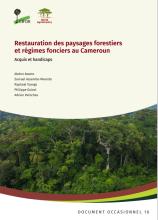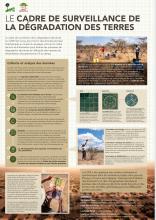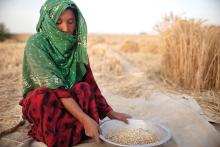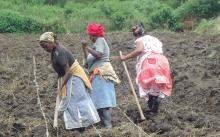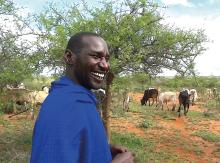Land Library
Welcome to the Land Portal Library. Explore our vast collection of open-access resources (over 74,000) including reports, journal articles, research papers, peer-reviewed publications, legal documents, videos and much more.
/ library resources
Showing items 1 through 9 of 316.Ce papier constitue une synthèse des acquis et des handicaps de la restauration des paysages forestiers et régimes fonciers au Cameroun.
Le cadre de surveillance de la dégradation des terres (ou LDSF) est conçu pour fournir des données de base biophysiques au niveau du paysage, ainsi qu’un cadre de suivi et d’évaluation pour évaluer les processus de dégradation des terres et l’efficacité des mesures de réhabilitation (récupération
L’investissement sur la terre dépend essentiellement de la sécurité foncière, et en l’absence d’une tenure sécurisée plusieurs investissements ne peuvent engager des investissements pour contribuer le développement économique attendu depuis si longtemps en Afrique.
Land and associated property is a major source of individuals’ identity and livelihood.
It is widely accepted among economists and policy-makers that secure and well-defined land property rights are integral to poverty alleviation and economic prosperity. But how do legal systems, land tenure and economic development really relate to one another?
Access to land is key to achieving food security, poverty alleviation, social equity and environmental protection. A brief insight in land governance-related principles and policies of the German development assistance.
Following the end of apartheid, South Africa’s government set itself ambitious goals with a planned land reform. However, there have since been barely any changes in the country’s agricultural structure, and the positive impacts that were hoped for on rural livelihoods have hardly materialised.
Indigenous Peoples and local communities hold a large share of the world’s land area under customary systems. However, there is a tremendous gap between what is held by communities in practice and what is formally recognised by governments.
The year 2016 marks 15 years since the new wave land reforms became operational in Tanzania. Despite its ambitious goals – encouraging land registration and titling, and empowering women and other vulnerable groups – the results are disillusioning.

